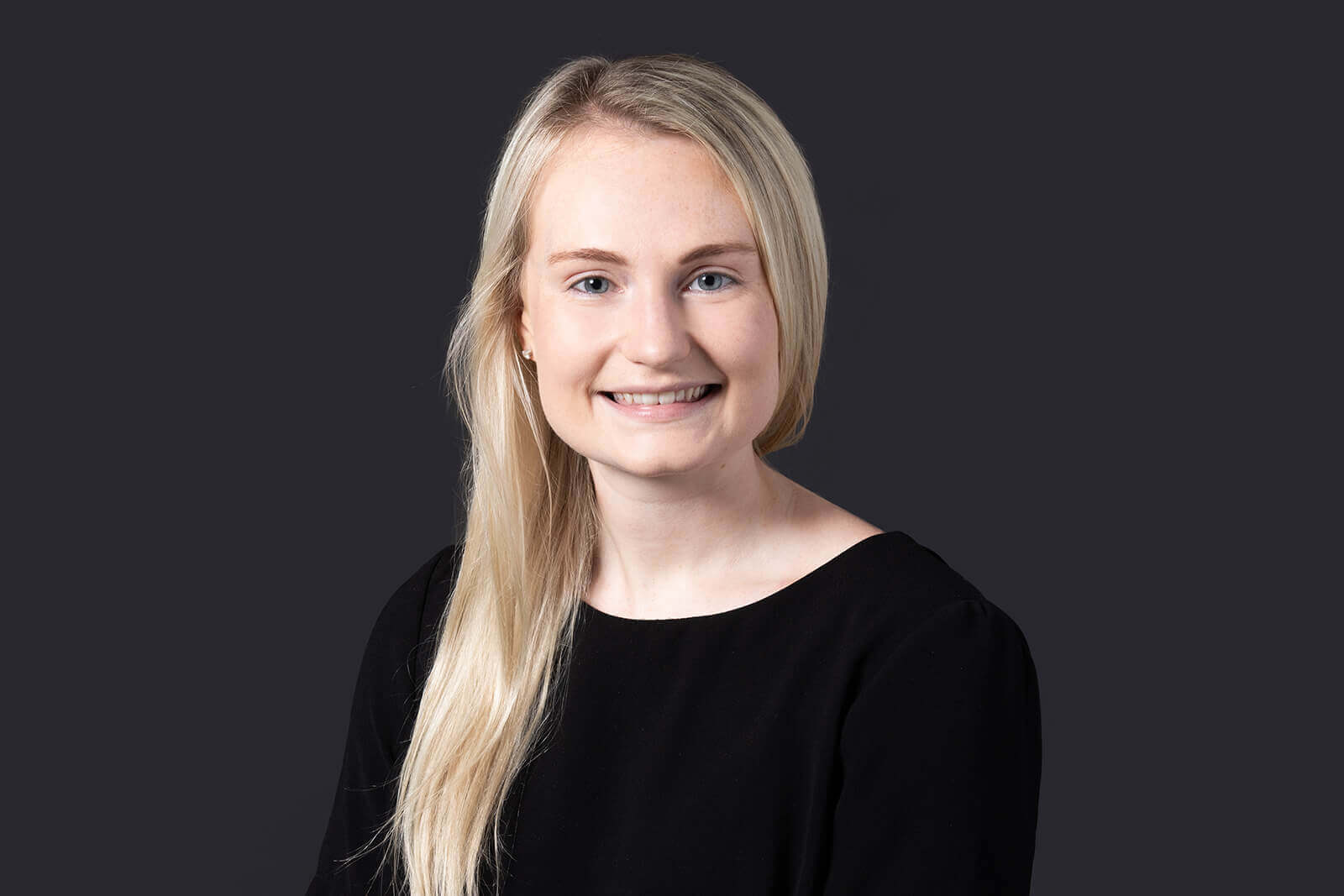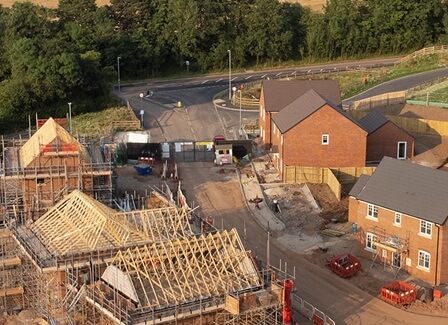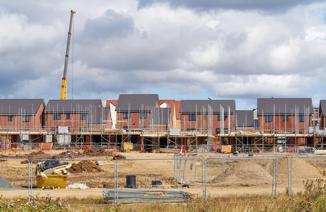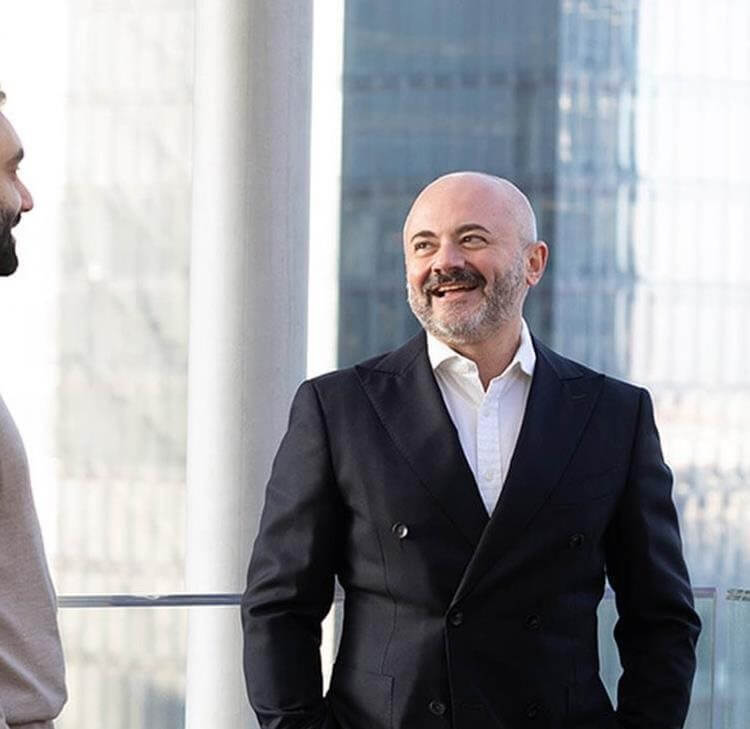I am a Senior Associate in the real estate team at Browne Jacobson, having joined the firm in 2017. Over the past few years, I’ve developed a focus on advising clients in the leisure and hospitality sectors across a range of commercial property matters including hostels, travel agents, and specialist travel operators.
A key part of this has been my work with YHA (England & Wales), one of the UK’s largest hostel operators, supporting them through a significant programme of property disposals and operational restructuring.
That experience has given me a deeper understanding of the distinct pressures and opportunities facing hostel and budget accommodation providers and helped me support others in the sector who are adapting, growing, or realigning their property strategy.
A long-term relationship in a changing sector
YHA is a national charity with a long-established network of hostels across England and Wales. When I first started working with them in 2017, they operated around 110 hostels. That number is now closer to 90 - a change driven not just by asset sales, but by a wider strategy to future-proof operations and maximise social impact.
Like many in the hospitality sector, YHA faced considerable challenges during the COVID-19 pandemic. In response, they temporarily repurposed some sites through short-term lettings to local authorities and charities - supporting cash flow while serving community need. During that time, I became more closely involved in day-to-day instructions and then led on a major disposals programme aimed at reducing overheads and reinvesting in a leaner, higher-performing core network.
Driving value through complex disposals
In the past two years, I have advised on the sale of over 30 hostels, ranging from remote heritage sites to high-value city-centre properties sold as a going concern (TOGC). YHA invested the proceeds of these sales into its core network to enable it to keep supporting the next generation of YHA user.
Larger disposals where the properties were sold under a corporate wrapper have included hostels in Brighton, Liverpool, Newcastle, and central London. Each of these had operational elements to manage, such as transferring employees (TUPE), franchise arrangements, and bookings to transfer.
Each transaction has had its own complexities and issues to overcome, including unregistered land, boundary anomalies, private roads, septic tanks, and pre-emption rights, and all necessitated legal advice on a wide range of associated legal and practical matters including:
- Preparing title packs and dealing with registration and title defects.
- Drafting and negotiating sale contracts to reflect bespoke commercial terms.
- Negotiating overage provisions and risk allocation.
- Documenting the position with regards to capital allowances and TOGC.
- Implementing title indemnity insurance (including preparing statutory declarations to support coverage).
In every case, my role has gone beyond the legal mechanics. I’ve worked closely with YHA’s directors, surveyors, and estate managers to help assess bids, prioritise disposals, and find pragmatic solutions that protect value and manage risk.
Legal advice that reflects sector realities
Hostels aren’t just a physical asset class - they reflect a culture and ethos. Many operators are driven as much by purpose as profit, and their properties are often deeply personal, with long-standing community, values or family ties. That context shapes my advice.
Clients have described me as calm, clear, and committed to getting things done. I take pride in being approachable, human, and a trusted sounding board throughout what can often be demanding, complex and sensitive transactions.
I aim to provide legal support that’s technically robust and commercially realistic - whether that means adjusting terms to protect goodwill, preserving relationships, or identifying compromises that unlock deals without unnecessary friction.
Looking ahead: A growing appetite for adventure and impact
The hostel sector continues to evolve. Operators are experimenting with new formats, whether that’s layering in co-living models, adding cultural and wellness offerings, or targeting niche travel markets such as walking festivals or educational residentials.
Franchise arrangements and hybrid ownership models are on the rise, and there’s an increasing focus on environmental sustainability, adaptive reuse, and partnerships with local communities. At the same time, operators face familiar challenges: ageing estates, tight margins, regulatory complexity, and a competitive landscape shaped by changing travel habits and digital disruption.
At Browne Jacobson, we’re ideally placed to support clients navigating that landscape. We bring cross-sector expertise including real estate, corporate, planning, finance, and charity law, allowing us to advise on everything from deal structure and funding to risk management and long-term planning.
Partnering for success: Start the conversation
I’m always keen to connect with hostel and hotel operators who are looking to grow, sell, rebrand, or reposition their estate, and with agents, advisors and brokers who support them. I’ll be attending the Annual Hospitality Conference in Manchester this September, and it would be fantastic to connect with anyone interested in sharing insights or exploring opportunities.
Whether you’re a national operator, a regional developer, or a new market entrant with ambitious plans, I’d be delighted to see how I (and my amazing and talented colleagues at Browne Jacobson) can work with you.
Contact
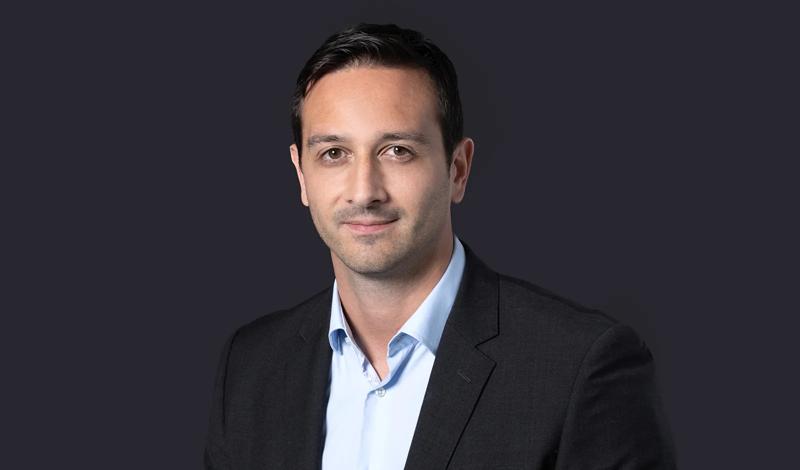
Michael Parkinson
Senior Associate
michael.parkinson@brownejacobson.com
+44 (0)330 045 2225
Discover more
Related expertise
Key contacts

Michael Parkinson
Senior Associate
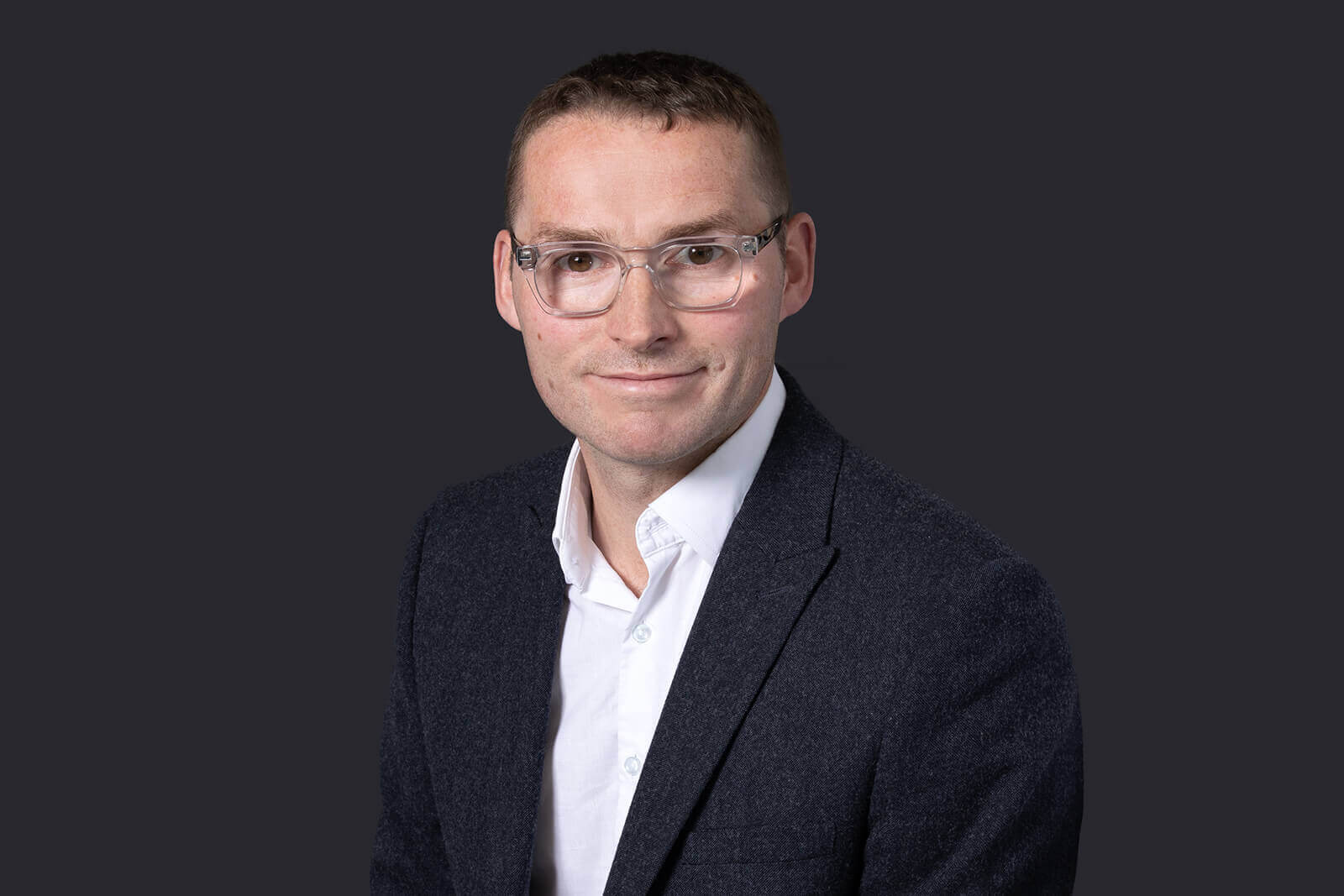
Dominic Buckley
Partner

Darren Ashworth
Partner
